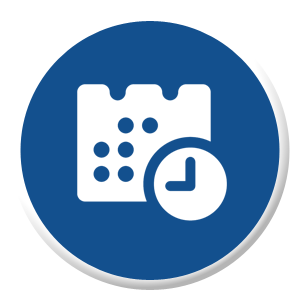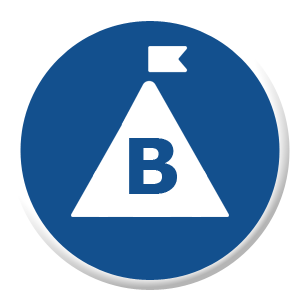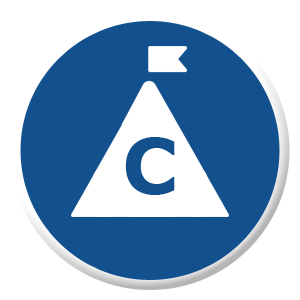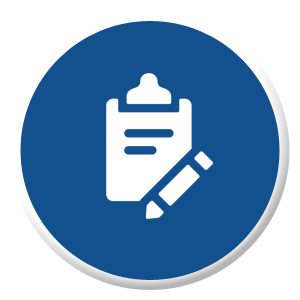Het arrangement Theme Internet - tto123 is gemaakt met Wikiwijs van Kennisnet. Wikiwijs is hét onderwijsplatform waar je leermiddelen zoekt, maakt en deelt.
- Auteur
- Laatst gewijzigd
- 11-05-2025 09:41:48
- Licentie
-
Dit lesmateriaal is gepubliceerd onder de Creative Commons Naamsvermelding-GelijkDelen 4.0 Internationale licentie. Dit houdt in dat je onder de voorwaarde van naamsvermelding en publicatie onder dezelfde licentie vrij bent om:
- het werk te delen - te kopiëren, te verspreiden en door te geven via elk medium of bestandsformaat
- het werk te bewerken - te remixen, te veranderen en afgeleide werken te maken
- voor alle doeleinden, inclusief commerciële doeleinden.
Meer informatie over de CC Naamsvermelding-GelijkDelen 4.0 Internationale licentie.
Aanvullende informatie over dit lesmateriaal
Van dit lesmateriaal is de volgende aanvullende informatie beschikbaar:
- Toelichting
- Dit thema valt onder de arrangeerbare leerlijn van de Stercollectie voor Engels voor tweetalig onderwijs, leerjaar 1, 2 en 3. Dit is thema 6 'Internet'. Het gaat over computers, technologie, internetverslaving en internettrollen. Het thema omvat de volgende onderwerpen: Computers, Women and computers, 24/7 Online en Being trolled. De grammatica binnen dit thema omvat 'negations and questions'
- Leerniveau
- VWO 2; HAVO 1; VWO 1; HAVO 3; VWO 3; HAVO 2;
- Leerinhoud en doelen
- Engels;
- Eindgebruiker
- leerling/student
- Moeilijkheidsgraad
- gemiddeld
- Studiebelasting
- 9 uur 30 minuten
- Trefwoorden
- 24/7 online, arrangeerbaar, being trolled, computers, engels, internet, stercollectie, tto123, women and computers
Gebruikte Wikiwijs Arrangementen
VO-content Engels. (2020).
Thema Internet - hv3

 Welcome to the next theme of English
Welcome to the next theme of English
 In this theme you will focus on the following 'can do' statements.
In this theme you will focus on the following 'can do' statements. At the end of this theme you can listen, read texts, speak and write about the Internet.
At the end of this theme you can listen, read texts, speak and write about the Internet. Below are the four lessons that belong to this topic.
Below are the four lessons that belong to this topic.


 Passwords
Passwords 






 At the end of each lesson you answered evaluation questions. Use these answers to answer the following questions:
At the end of each lesson you answered evaluation questions. Use these answers to answer the following questions: